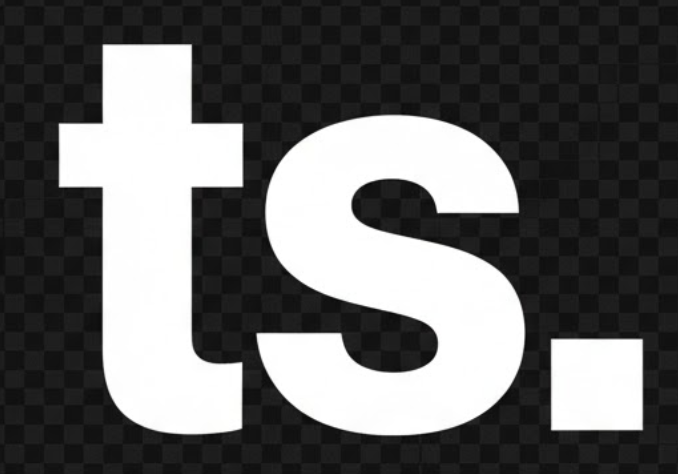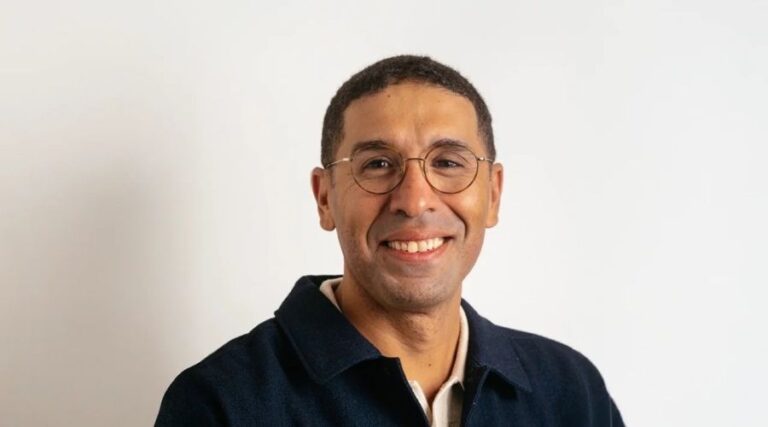The world’s cybersecurity community will land in Riyadh in early December for Black Hat Middle East and Africa 2025, one of the fastest-growing tech gatherings anywhere on the planet. What began as a regional offshoot of the Las Vegas conference has become a global meeting ground for researchers, hackers, and executives navigating an industry defined by constant threat and change.
This year’s event runs from December 2 to 4 at the Riyadh Exhibition and Convention Center, and organizers expect more than 45,000 attendees, 450 exhibitors, and 330 speakers from over 120 countries. The numbers tell part of the story, but the real draw is the mix of minds: offensive security experts, government policymakers, and enterprise CIOs who spend their days trying to keep one step ahead of attackers who never rest.
Cybercrime costs are rising faster than almost any other form of risk. Analysts at Cybersecurity Ventures predict global losses could reach $10.5 trillion a year by 2025, roughly the size of the third-largest economy on earth. Companies now face an average of 2,300 cyberattacks each week, according to Check Point Research, and ransomware alone is up more than 70 percent in a year. Black Hat MEA’s agenda reflects those realities. Expect deep dives into AI-driven attacks, cloud vulnerabilities, and the unsettling question of whether quantum computing will soon make today’s encryption obsolete.
The event’s Capture the Flag tournament remains one of its biggest draws. It’s a live hacking contest that attracts more than 2,000 competitors from around the world and turns cybersecurity into a spectator sport. The best teams walk away with bragging rights and job offers; the audience walks away reminded of just how creative hackers can be.
Over in the Black Hat Arsenal, researchers and engineers will show off new open-source tools designed to spot deepfakes, defend critical infrastructure, and automate threat detection. Around them, more than 30 certified trainers will lead workshops in penetration testing, digital forensics, and zero-trust architecture—practical sessions for professionals trying to stay relevant in an industry where what’s cutting edge today is outdated tomorrow.
Sponsors this year include Cisco, Fortinet, Huawei, Palo Alto Networks, Google Cloud, Kaspersky, CrowdStrike, and STC. Their presence underscores how big the business of security has become. Gartner expects global spending on cybersecurity to surpass $424 billion by 2030, a number that seemed unimaginable a decade ago. Last year’s conference generated roughly $1 billion in new deals and partnerships, and insiders expect that figure to climb again.
Black Hat MEA isn’t just about the tools and the code. The Executive Summit will bring together regulators, C-suite leaders, and policymakers to talk about the economics of digital risk—how the cost of cyberattacks is now eating into global GDP and what cooperation between nations and corporations might look like in the AI age.
There’s a human urgency to this year’s gathering. The world faces an estimated shortage of four million cybersecurity professionals, a gap that’s widening even as attacks grow more sophisticated. Many of the conversations in Riyadh will be about closing that gap: training, mentorship, and how to keep security teams from burning out under relentless pressure.
As one of the last major tech events of the year, Black Hat MEA arrives at a time when the industry feels both exhausted and energized. AI is rewriting the playbook for defenders and attackers alike, and the people coming to Riyadh are the ones trying to make sure the right side wins.




Cybersecurity’s biggest names head to Riyadh for Black Hat MEA 2025